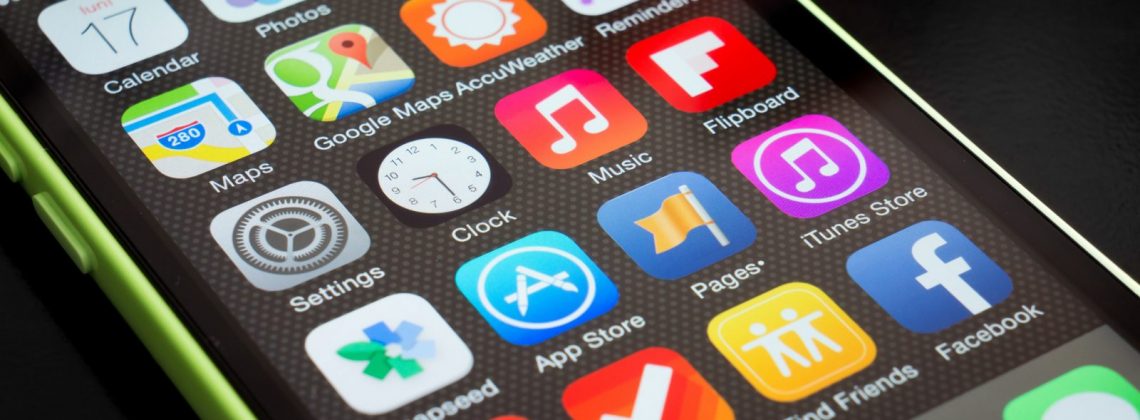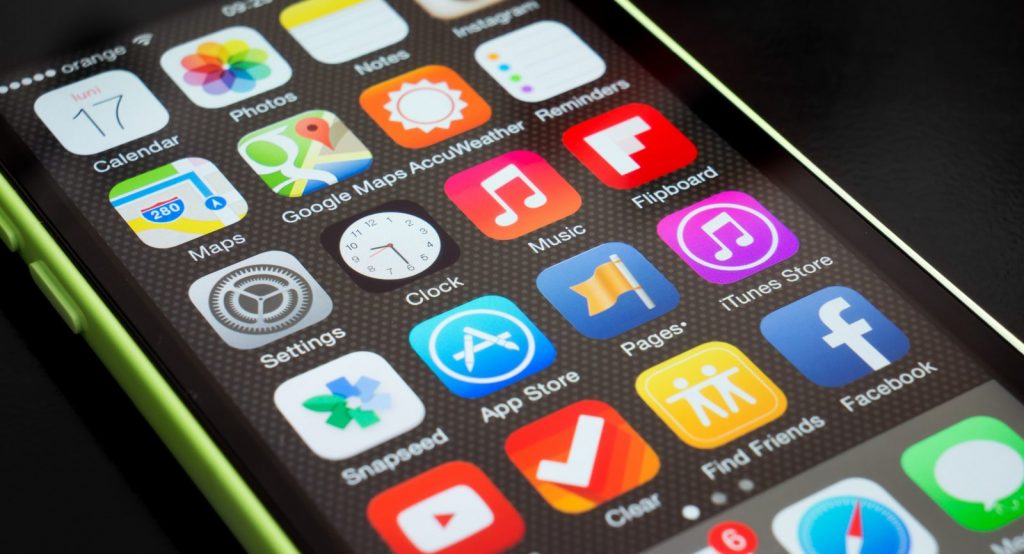

Through one of those internet serendipity moments, I stumbled upon this amazing essay by the music and culture critic Ted Gioia. I passed the essay along to my wife and a friend. Both of them, independently of each other, described Gioia’s critique of our technological culture as simultaneously disturbing and convicting.
I hesitate to produce a summary of Gioia’s piece, as I urge readers to actually read the essay. It isn’t long. You can read it in probably ten minutes or so. Gioia develops a taxonomy of culture and technology that is as insightful as I have ever encountered. Indeed, that is part of the genius of the piece. Gioia insightfully diagnoses and describes his subject in a deeply original way—but at the same time he makes so much sense that you wonder how you didn’t think of it yourself.
Gioia articulates four stages or aspects of culture, broadly defined. Many of us, and certainly the artists among us, like to think of art as a pure pursuit of beauty. Yet the artist also has to eat. Thus, there is the traditional conflict between art and entertainment, with entertainment usually swallowing art. But, says Gioia, technology has caused us to move beyond an Age of Entertainment to an Age of Distraction. Forty years ago, we might have debated the relative value of the “art” of Scorsese’s Raging Bull versus the “entertainment” of Schwarzenegger’s Terminator. Today, with the advent of the Internet and the smart phone, the conflict is between the entertainment of a Marvel superhero movie and the distraction of watching YouTube or TikTok videos for two hours. Finally, the nature of our distracting technology is such that we easily become addicted to the dopamine hit of each new video (or Tweet or Instagram post, or whatever). The four stages, therefore, are art to entertainment to distraction to addiction.
Gioia presents evidence that the use of the word “addiction” is not merely metaphorical. Ever since Nicholas Carr asked “Is Google Making Us Stupid?” we have known that modern screen-technology interacts with our brains, rewiring how we think—particularly our ability to concentrate and retain information. Jerry Seinfeld once joked that men don’t care what is on television; they really care about what else is on television, making fun of the male propensity to channel-flip. This is now all of us on all our devices. The Masters of Silicon Valley have applied modern science, including neuroscience and psychology, to refine our technology into a drug tantamount to cyber-fentanyl.
Gioia distinguishes, then, between “slow traditional culture,” “fast modern culture,” and the final stage of “dopamine culture.” For example, with music we move from albums (slow) to tracks (fast) to TikToks (dopamine). In sports, we go from playing a sport (slow) to watching a sport (fast) to betting on a sport (dopamine). Perhaps most disturbingly, journalism has traversed the journey from newspapers (slow) to multimedia (fast) to clickbait (dopamine). Gioia also applies this schema to video, images, communication, and relationships. The chart he developed illustrating these changes is itself worth your hitting the link (fast culture!) and reading the essay.
It should be plain how such a shift in our experience of culture is a threat to the very notion of culture. If it is true that cultures cultivate (to steal from Ken Myers), what kinds of people are we cultivating in a dopamine culture? I suspect all of us who make regular use of technology (and if you are reading this, that likely means you) recognize some of the aspects of dopamine culture in ourselves. That is bad enough. Those of us who are of a certain age had our brains and habits formed before the arrival of dopamine culture. While we are susceptible to the baleful effects of addictive influences, we likely retain at least some of the habits formed in our youth. We still read books and long form essays. We appreciate music and film that requires some patience and attention. We remember how to research something using methods other than Google. We don’t immediately demand a technological solution to every problem—meaning our first instinct isn’t necessarily “Is there an app for that?” In other words, we have some memory of “slow traditional culture” that mitigates the influences of dopamine culture. This is not to say that there are not older folks who have fallen prey to such a culture, who struggle to extract themselves from their phones.
But those born in the last twenty to thirty years likely did not develop a natural resistance to dopamine culture. The oldest of these people have now reached maturity and are taking positions of responsibility. How will they act when they are the doctor listening to the patient relay his symptoms, but the doctor struggles to pay attention, finding the whole affair insufficiently stimulating? This assumes the doctor could actually pay attention long enough to successfully complete medical school. Those of us in education are keenly aware that most of our students struggle to read a long article, much less a book. These are our future teachers, lawyers, legislators, doctors, heavy equipment operators, pilots, etc. I for one don’t want a doctor who is thinking about TikTok videos rather than where the scalpel is going, or an electrician who is more distracted by his constant Snap Chat notifications than making sure he’s wiring my house correctly.
We can imagine, then, the practical problems arising from dopamine culture. There are also the social and spiritual effects of dopamine culture. How can a person in constant need of distraction experience the silence necessary to hear God? Or submit to the discipline of religious ritual, self-sacrifice, or recognizing one’s duties to others? How do we hand down the rich history of our civilization if our populace no longer has the patience to sit through a Mozart symphony, a John Ford film, a Shakespearean play, an Austen novel? These will be people whose cultural memory doesn’t reach any further back than yesterday. What kind of soul resists experiencing the most beautiful works of art, seeking instead immediate gratification of the lowest kind? I understand that many schools have simply stopped asking students to read. They give the students a device and simply tell the students to listen to their assignment. We may be entering a post-literate world. Not one where people literally can’t read (although with such a limited vocabulary, this may be a problem) but one in which people simply don’t want to read, with our educational institutions complicit. This seems a recipe for cultural and civilizational collapse.
If we feel at all convicted by Gioia’s analysis—and almost all of us should be—perhaps we should rededicate ourselves to minimizing the time we spend looking at screens rather than books or each other. We can be more cognizant of the time we spend scrolling, looking for the next interesting item to titillate us for the next ten seconds. We really do need regular tech detox.
Culturally, admitting we have a problem is the first step. Hopefully we do not have to hit rock bottom before we get to this point.